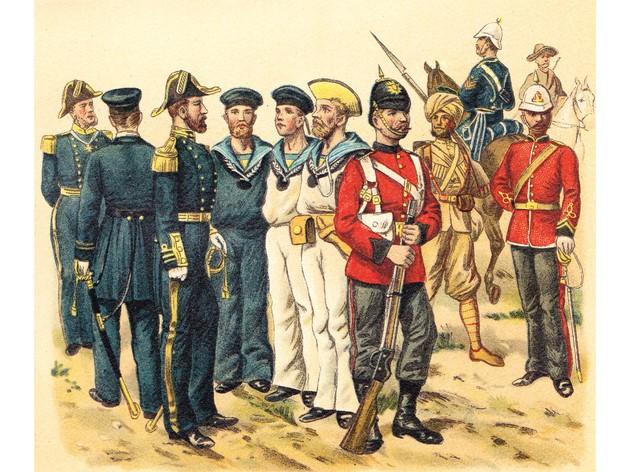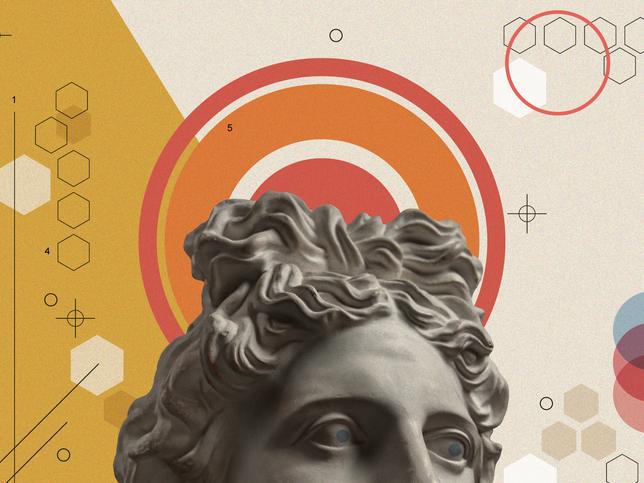
THE podcast: how to deal with the legacy of empire in higher education
You may also like
Key Details
Listen to this episode on Spotify, Apple podcasts or Google podcasts.
Decolonisation has become a lightning rod for critics who accuse universities and colleges of being full of liberal ideologues, with a number of pundits up in arms about efforts to decolonise reading lists and the curriculum.
But for some scholars, decolonisation is merely a by-product of the work that they do, including our guest Farish Noor, a professor in the department of history in the Faculty of the Arts and Social Sciences at the University of Malaya in Malaysia and a professor in the Standards of Decision Making Across Cultures programme at the University of Erlangen-Nuremberg. Despite its complexity, Noor says, decolonisation is essential to a comprehensive view of humanity.
Many in academia doubt decolonisation's relevance for STEM subjects, but in this episode we’ll also hear from Brigitte Stenhouse, a lecturer in the history of mathematics in the School of Mathematics and Statistics at The Open University. She has overseen the creation of a database of original sources to give students a global and historical view of the discipline.


